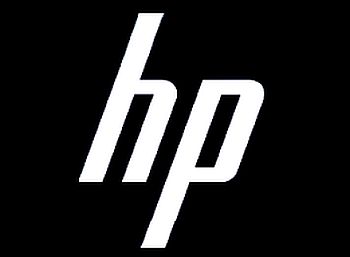

Hewlett-Packard has just retained its position at the top of the PC maker leaderboard ahead of Chinese rival Lenovo.
IDC had expected worldwide PC shipments to contract during the third quarter of 2012, but when it tallied up the results 10 October, the research firm found the figures to be worse than feared. Instead of its forecast 3.8 percent year-on-year contraction, it found the PC market to have fallen by 8.6 percent.
Additionally, during a quarter in which it was suspected that second-ranking Lenovo might finally pull ahead of Hewlett-Packard on the global stage, IDC found HP to still be the leader, though by a fraction of a percentage.
Microsoft’s 26 October launch date for Windows 8 was expected to hurt sales, with businesses putting off purchases until the OS arrived, as were growing consumer interest in tablets and smartphones – and both did.
“While the industry has been focused on shaving excess inventory and preparing to launch a new generation of products, consumers have been looking at alternative devices like tablets,” David Daoud, IDC director of research, said in an 10 October statement. “In addition, businesses have slowed their refresh cycle as they remain concerned about broad economic outlook, amid a busy political season.”
The upside, Daoud added, is that vendors have lined up strong devices that are likely to attract consumers, which could mean a return to positive growth at the end of the year.
The global market saw shipments of 87.8 million units. Hewlett-Packard, despite a year-over-year fall of 16.4 percent, shipped 13.9 million PCs, for a market share of 15.9 percent. Lenovo, tight on its heels, grew 10.2 percent year over year to grab a 15.7 percent market share on sales of 13.8 million PCs.
Dell, falling 14 percent, shipped 9.4 million devices for a 10.8 percent share, followed by Acer, which fell nearly 10 percent year-over year to 8.4 million units and a market share of 9.6 percent.
Along with Lenovo, only fifth-ranking Asus posted growth, managing to jump 10 percent to 6.4 million units for a 7.3 percent share.
In the United Sta
“[Lenovo] maintained its methodical approach to build out channel partnerships and acquire key OEMs in markets outside its home turf, with varying degrees of success,” reported IDC.
Lenovo executives, introducing four convertible devices at a New York City event 9 October, said that over the last 18 months, the company had gone from being in 400 US stores to 4,000.
IDC added that Lenovo’s persistence, as well as the missteps of its competitors, helped it to “nearly tie HP for the lead.”
IDC Senior Research Analyst Jay Chou added that the quarter’s shipments had been hurt by a weak global economy and delayed replacement cycles, but also because “the hard question of what is the ‘it’ product for PCs remains unanswered.”
Lenovo, with its four new devices – notebooks that bend and turn into tablets, a more traditional convertible laptop and a true tablet that clicks into a laptop base – is hoping to figure out the answer, or answers.
While Apple’s approach is to decide what people will love and make lots of them, Endpoint Technologies principal analyst Roger Kay told eWEEK, “Lenovo is doing market research in the market – they’re not sure what people will like.”
One thing Lenovo does have figured out, Kay noted, having spoken with Lenovo executives at the event, is that the contest with HP was likely to be “a statistical dead heat.”
How well do you know your operating systems? Take our quiz.
Originally published on eWeek.
More bad news for Google. Second time in less than a year that some part…
Federal office that tackled misinformation and disinformation from hostile nations is closed down, after criticism…
After Nvidia admits it will take $5.5 billion charge as Trump export limits of slower…
Trump continues to target his former CISA head, signing a new executive order targetting Chris…
Two Chinese retailers warn customers in America that prices will increase next week, as Trump's…
Engineer Cristina Balan wins latest round in her long-running defamation claim against Elon Musk's EV…